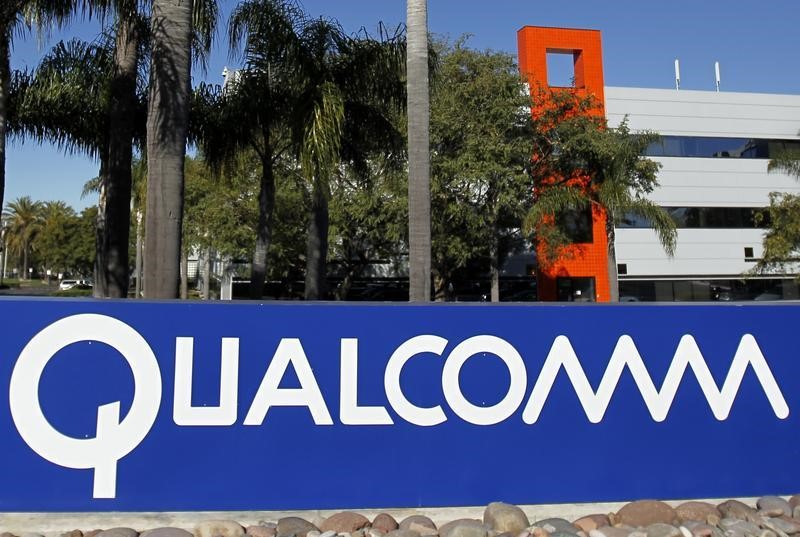China's Semiconductor Manufacturing International Corporation (SMIC) has reported a significant 80% year-over-year plunge in its third-quarter profits, as the global chip industry faces an overwhelming surplus. The company, a key player in Shanghai's chip manufacturing sector, announced on Friday that its net income for the quarter ending in September fell to a mere $93.98 million, starkly underperforming against the anticipated $165.1 million.
The revenue for the same period also saw a decline, dropping by 15% compared to the previous year, to $1.62 billion. This marks SMIC's third consecutive quarterly revenue decline, intensifying concerns among investors who had pinned their hopes on Huawei Technologies' latest smartphone release, the Mate 60 Pro—equipped with SMIC's 7-nanometer processor—to offset declining sales.
SMIC's earnings woes are exacerbated by U.S. sanctions that restrict China’s access to advanced chipmaking technology and exports. These restrictions come amid rising geopolitical tensions and Washington's broader campaign to curb China's technological advancements. Despite these challenges, SMIC has managed to partially address the high inventory levels in China, although inventory remains elevated for American and European customers.
The downturn is reflective of a broader trend affecting other industry leaders such as Taiwan Semiconductor Manufacturing (TSMC) and Samsung Electronics (KS:005930) (OTC:SSNLF (OTC:SSNLF)), which have also been impacted by weakening demand for chips used in consumer products. Inflationary pressures are prompting consumers to cut back on device purchases, leaving manufacturers grappling with excess supply.
After several years of a persistent shortage, automotive chip inventories have surged to high levels, causing major customers to scale back orders. In light of these difficulties, SMIC still projects a modest revenue increase of 1% to 3% for the fourth quarter. This outlook is cautiously optimistic given data from the Semiconductor Industry Association that hints at a potential recovery for the chip sector.
It's important to note that while SMIC cited geopolitical tension as a significant hurdle for the smartphone market's recovery, competitors like Samsung Electronics and TSMC have expressed a more positive outlook on mobile demand bottoming out soon. SMIC's customer base includes notable industry giants such as Qualcomm (NASDAQ:QCOM), Broadcom (NASDAQ:AVGO), and Texas Instruments (NASDAQ:TXN), highlighting the broader implications of its financial performance on the global tech industry.
This article was generated with the support of AI and reviewed by an editor. For more information see our T&C.
0981: A Bull or Bear Market Play?
Don't miss out on the next big opportunity! Stay ahead of the curve with ProPicks AI – 6 model portfolios fueled by AI stock picks with a stellar performance this year... In 2024 alone, ProPicks AI identified 2 stocks that surged over 150%, 4 additional stocks that leaped over 30%, and 3 more that climbed over 25%. That's an impressive track record. With portfolios tailored for Dow stocks, S&P stocks, Tech Stocks, and Mid Cap stocks, you can explore various wealth-building strategies. So if 0981 is on your watchlist, it could be very wise to know whether or not it made the ProPicks AI lists.
Unlock ProPicks AI now

